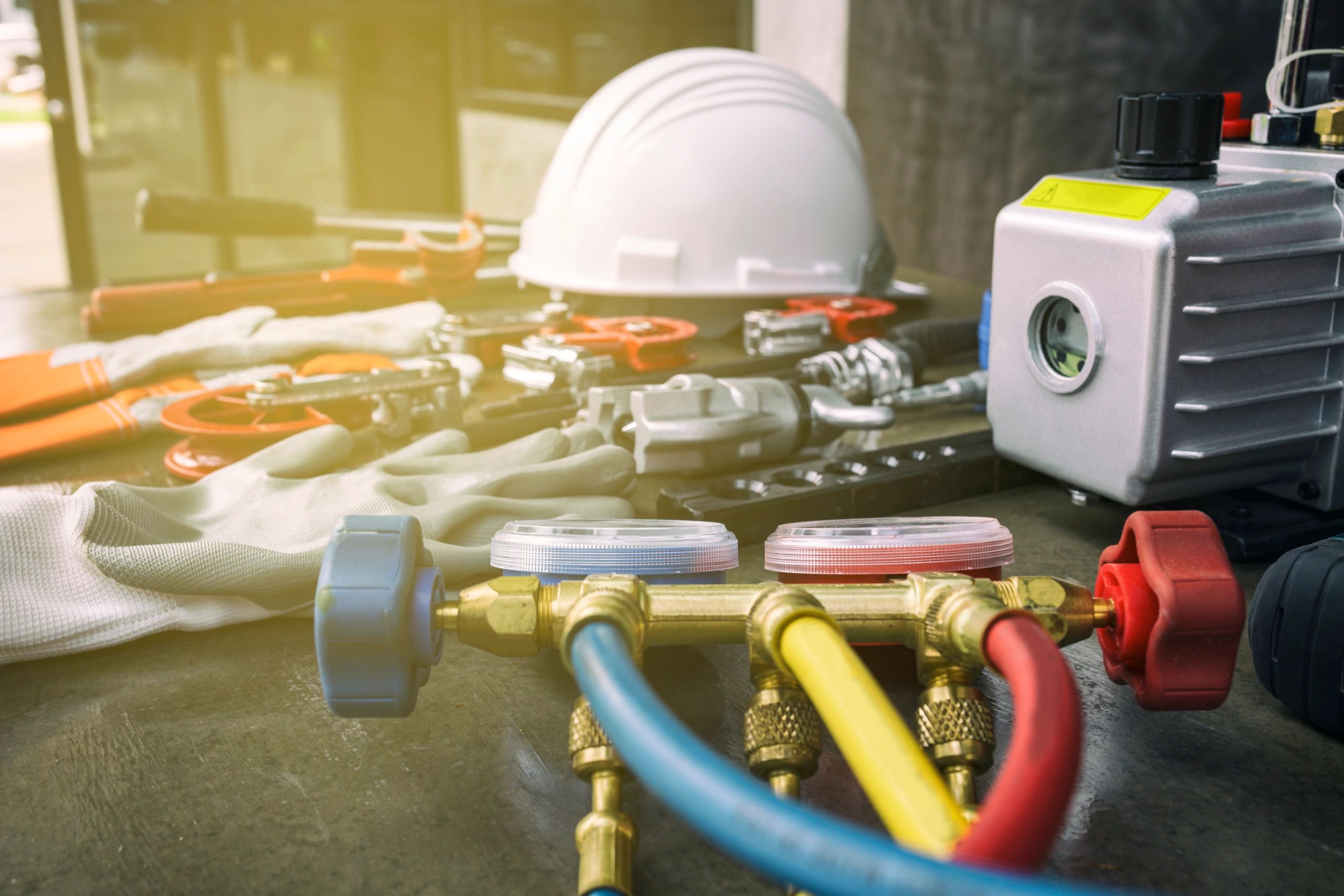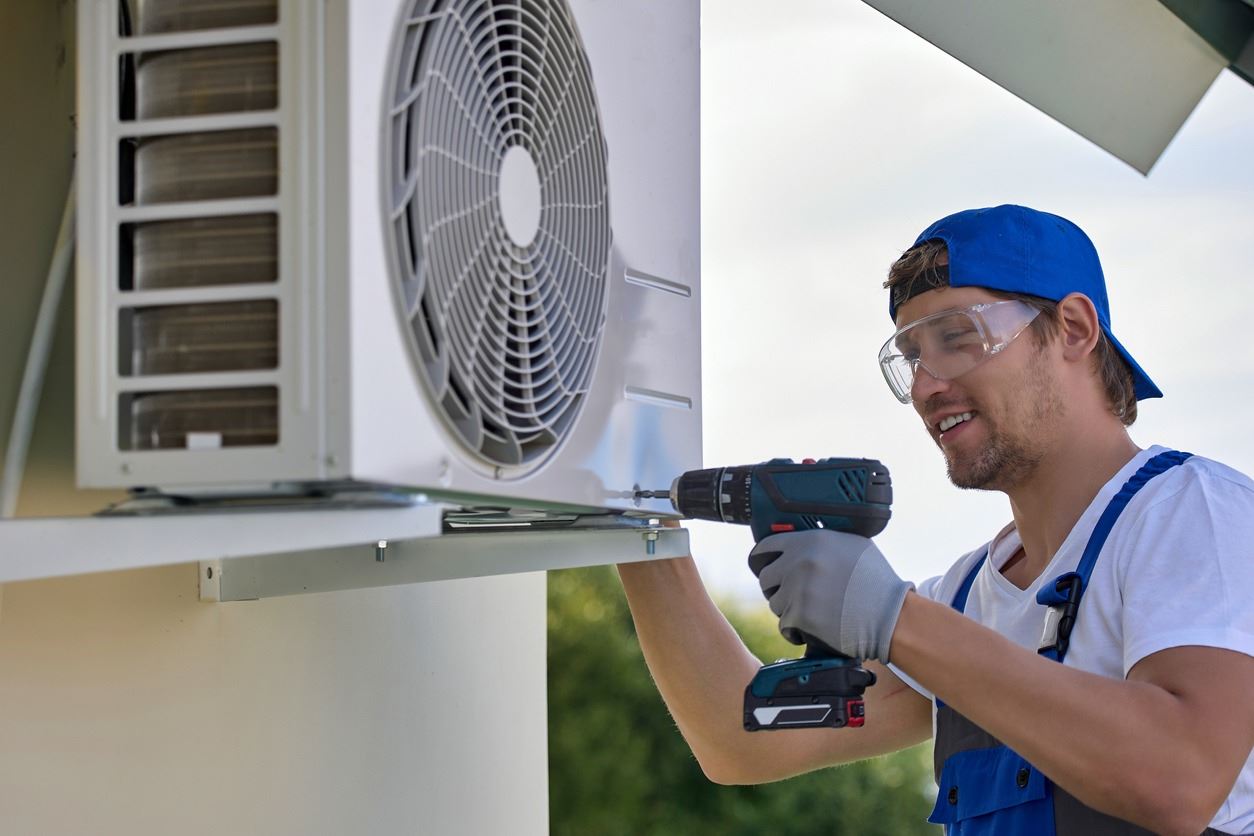Certified Ductless Mini-Split Installation for Tailored Cooling and Heating Control
Certified Ductless Mini-Split Installation for Tailored Cooling and Heating Control
Blog Article
Discover Comprehensive Heating And Cooling Solutions for All Your Cooling And Heating Demands
In the globe of home convenience, the choice of a suitable Heating and cooling system plays a critical role. More exploration of these systems discloses the complex balance between expense and capability.
Comprehending Different Kinds Of A/c Solutions
HVAC systems, necessary for controling interior climate, differ commonly to match different environments and constructing demands. Central systems, among one of the most common kinds, utilize a network of air ducts to distribute conditioned air throughout a building. These systems typically include components like heating systems, a/c, or warm pumps. In comparison, ductless systems, such as split, multi-split, or mini-split systems, offer straight a/c and home heating to particular locations without the demand for ductwork, supplying more localized control and possibly reducing energy losses related to ducting. Another choice is the significantly popular geothermal warm pump system, which utilizes below ground temperatures to supply home heating and air conditioning, supplying an environment-friendly choice that can significantly minimize power use over time.
Picking the Right HVAC System for Your Home
Selecting the suitable heating and cooling system for your home involves careful consideration of several factors. Home dimension substantially influences the system's capacity required to successfully warmth and cool down the area. In addition, the environment in which one stays determines whether to prioritize heating efficiency, cooling down power, or a balance of both. Energy efficiency scores, such as SEER (Seasonal Energy Efficiency Proportion) for cooling and AFUE (Annual Gas Use Effectiveness) for furnace, are critical in selecting an economical device that straightens with financial and environmental goals. Finally, the sort of system-- whether a split system, crossbreed, or ductless-- have to align with the home's structural style and existing ductwork to make sure optimal efficiency and ease of installment.

The Significance of Regular HVAC Maintenance
After choosing the best Cooling and heating system, maintaining its efficiency and longevity becomes the following step. Normal A/c maintenance is important for making certain that heating and air conditioning systems run at peak efficiency. Routine upkeep is an essential component of having a Cooling and heating system.
Common Heating And Cooling Problems and Exactly How to Address Them
Regardless of routine maintenance, HVAC systems can still encounter a selection of typical issues that influence their effectiveness and performance. Unclean filters can obstruct air movement, minimizing system effectiveness and stressing its elements. An additional frequent issue is thermostat malfunctions, which can trigger the A/c system to run excessively or not enough, leading to discomfort content and raised energy costs.
Examining the Cost-Effectiveness of Heating And Cooling Upgrades
Why should property owners consider upgrading their A/c systems? Updating a Cooling and heating system can dramatically minimize power intake, leading to reduced energy costs and increased energy effectiveness.
When examining the cost-effectiveness of these upgrades, it is very important to think about the preliminary investment ac replacement contractor versus lasting savings. Typically, the higher upfront cost can be offset by the decrease in recurring energy expenditures and maintenance prices. Numerous local federal governments use discounts and rewards for energy-efficient home appliance purchases, making upgrades more budget-friendly - HVAC repair.

Verdict
In verdict, picking the appropriate HVAC system and making certain regular upkeep are crucial for optimum interior convenience and air high quality. Different systems provide customized options, making it necessary to recognize the details demands based on home dimension and local climate.
In comparison, ductless systems, such as split, multi-split, or mini-split systems, supply direct air conditioning and heating to specific locations without the demand for ductwork, providing more local control and possibly lowering power losses linked with ducting. The kind of system-- whether a split system, hybrid, or ductless-- should align with the home's architectural design and existing ductwork to ensure redirected here optimum performance and ease of installation.

Report this page